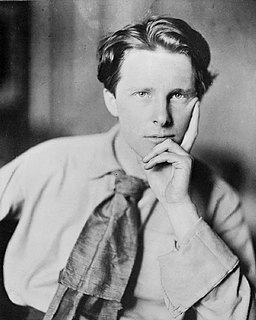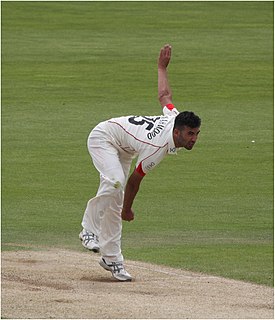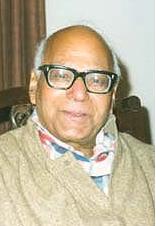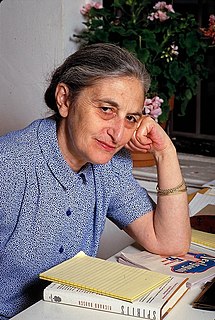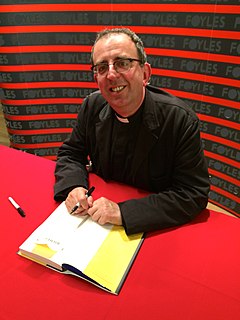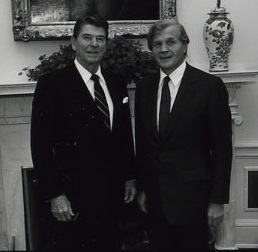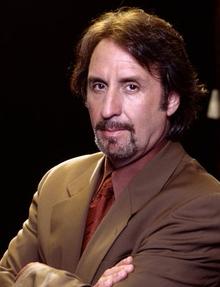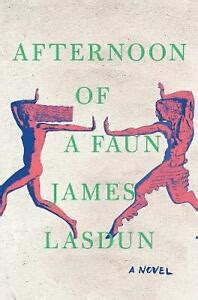A Quote by V. S. Pritchett
It's very important to feel foreign. I was born in England, but when I'm being a writer, everyone in England is foreign to me.
Related Quotes
If I should die, think only this of me:
That there's some corner of a foreign field
That is forever England. There shall be
In that rich earth a richer dust concealed;
A dust whom England bore, shaped, made aware,
Gave, once, her flowers to love, her ways to roam,
A body of England's, breathing English air,
Washed by the rivers, blest by suns of home.
For black and Asian people of my generation, the England team and the cross of St George were once ingredients in a toxic broth. For decades, a minority of England fans brought the nation and the national team into disrepute, bringing violence both to foreign streets and immigrant communities at home.
I am so grateful for my physical therapist, Teresa England, who taught me to respect the process of recovery. Healing is sometimes slow, and any pace but fast was alien to me. To me, the idea of patience and gradual progress was a very foreign idea. I truly learned patience from this woman, and how to appreciate the smallest signs of improvement.
America as a setting seems inexhaustibly fascinating to me, and I think there's something about the outsider viewpoint that works for me. Being of Jewish descent in England always carried a vague sense of being foreign, while not being a practicing Jew made it hard to think of myself as fully Jewish either. So living here in a way just clarifies that terminal outsider position - makes it somehow official, which I like.


